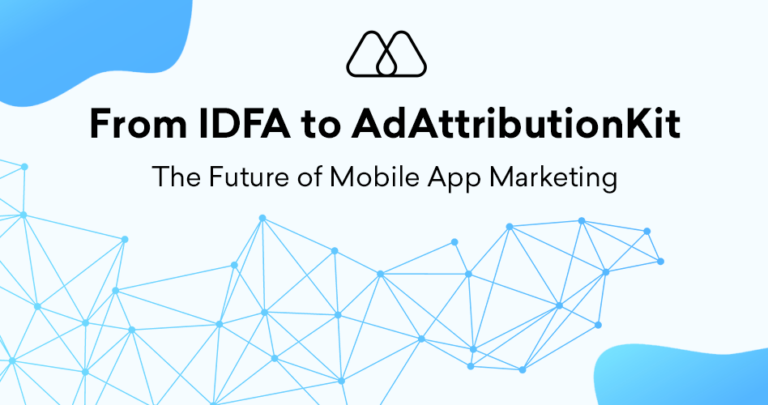Privacy and data transparency have become paramount in the evolving digital marketing landscape. Apple’s introduction of the App Tracking Transparency (ATT) framework marks a significant change in how apps on iOS can collect and use data. This shift has profound implications for mobile app performance marketing and advertising. In this detailed guide, we will explore what App Tracking Transparency is, its impact, and how savvy marketers can adapt to continue driving app growth and success.
What is App Tracking Transparency (ATT)?
App Tracking Transparency (ATT) is a privacy feature introduced by Apple in iOS 14.5, requiring Apps to request user permission before tracking their activity across other companies’ apps and websites. This includes sharing user data with brokers or gathering data from the device for targeted advertising. Users are given a prompt letting them choose whether to allow the app to track them.
The core idea behind App Tracking Transparency is to give users more control over their data and enhance transparency regarding data usage. This initiative reflects a growing trend towards greater personal data protection implications for how mobile apps engage in performance marketing.
Impact of ATT on Mobile App Marketing
The implementation of App Tracking Transparency significantly changes the traditional methods used by advertisers and marketers to target and measure the effectiveness of their campaigns. Here’s how it impacts the industry:
- Reduced Data Availability: With many users opting out of tracking, the amount of data available for personalized advertising and performance tracking decreases, challenging marketers to find new user engagement and measurement strategies.
- Changes in Ad Targeting: Marketers must rely more on first-party data and contextual advertising strategies as the precision of third-party data-driven targeting diminishes.
- Measurement and Attribution Challenges: Traditional attribution models, which depend heavily on user tracking across apps and websites, must be rethought. Marketers must adopt new tools and methodologies to measure campaign effectiveness accurately.
- Increased Importance of User Trust: Brands must focus on building trust and transparency with users, as gaining user consent for tracking becomes a prerequisite for personalized marketing.
- Innovation in Ad Tech: The ad tech industry is compelled to innovate, developing new technologies and approaches that comply with privacy regulations while allowing effective marketing.
Adapting to ATT: Strategies for Marketers
To navigate the challenges posed by ATT, marketers need to adopt new approaches and technologies. Here are some strategies to consider:
1. Emphasize First-Party Data
Shift your focus towards collecting and utilizing first-party data. Encourage users to share their data directly by offering value in return, such as personalized experiences or rewards. This data is, not only reliable, but also fully under your control, mitigating privacy concerns associated with third-party data.
2. Improve User Experience and Value Proposition
Enhancing the user experience and communicating the value of your app can encourage more users to opt-in for tracking. A compelling user experience increases the likelihood that users will see the benefit of personalized advertisements and thus consent to track.
3. Explore Contextual Advertising
With reduced access to individual tracking data, contextual advertising becomes a viable alternative. This method involves placing ads based on the viewed content rather than the user’s past behavior. It requires understanding the environments in which your ads are placed and aligning them with relevant content.
4. Utilize Privacy-Friendly Attribution Solutions
Invest in new technologies and solutions for effective campaign measurement without compromising user privacy. Tools like Apple’s SKAdNetwork offer attribution data while maintaining user anonymity.
5. Foster Transparency and Build Trust
Being transparent about how and why you collect data can help gain user trust. Clearly explain the benefits of tracking and how it enhances the user experience. This openness can be pivotal in encouraging users to grant tracking permissions.
Key Takeaway
- ATT mandates user consent for tracking, significantly impacting how marketers gather and use data for targeting and measurement.
- Marketers must pivot to first-party data and develop less reliant strategies on third-party tracking.
- Investment in user experience and transparency is crucial for increasing opt-in rates and maintaining user trust.
- Contextual advertising and privacy-friendly attribution models are becoming more important as alternatives to traditional tracking methods.
- Ad tech innovation is necessary to address the challenges of reduced tracking capabilities and to continue delivering effective marketing strategies.




